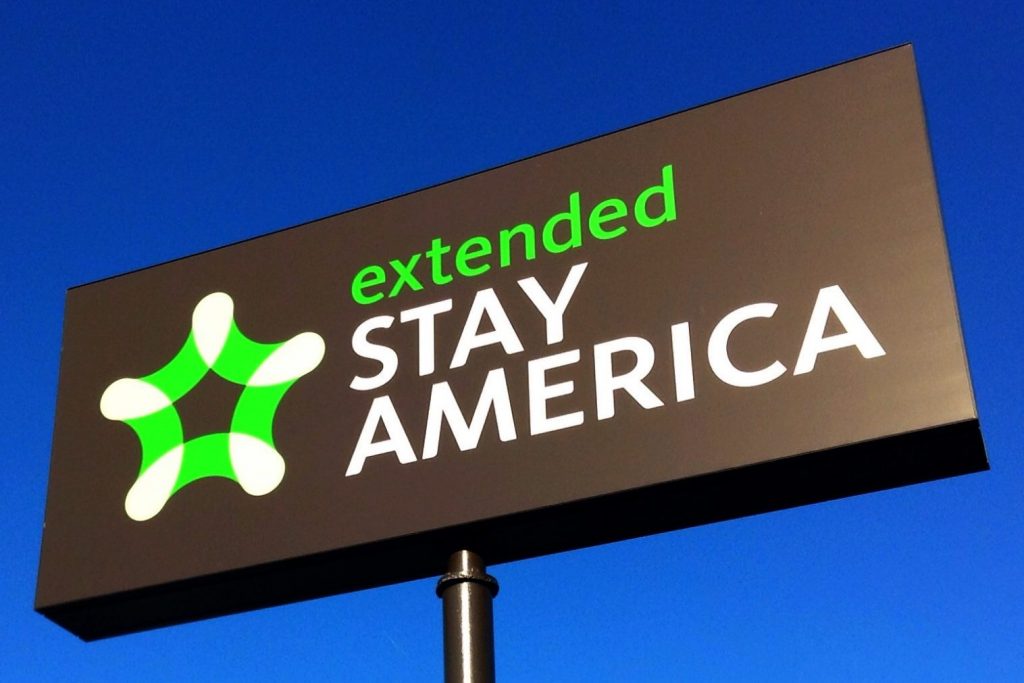Extended Stay America Shareholders Approve Blackstone and Starwood's $6 Billion Takeover

Skift Take
The biggest hotel deal of the pandemic to date received shareholder approval Friday.
The preliminary tally of a vote showed a majority of Extended Stay America shareholders Friday approved a more than $6 billion takeover from investment groups Blackstone and Starwood Capital. The takeover is slated to officially close next Wednesday, June 16.
The acquisition parks the largest U.S. extended-stay hotel chain in the hands of private owners who were signaling interest in the company mere weeks into the pandemic last year.
Representatives from Extended Stay America, Blackstone, and Starwood Capital weren't immediately available for comment. A final certification of the vote is still underway.
Both Blackstone and Starwood Capital made initial investments in Extended Stay early in the pandemic due to the company’s strong early performance while other companies floundered from limited travel. Extended Stay America’s portfolio averaged a 74 percent occupancy rate last year compared to the 44 percent U.S. average.
Extended Stay’s client base of essential workers and people who use the properties as temporary housing helped the company outperform the greater hotel industry. Other companies like Sonesta International Hotels Corp. and Choice Hotels have both pointed to the extended-stay hotel segment as a significant growth opportunity.
This is Blackstone’s third time owning Extended Stay America. It first bought the chain in 2004 for $3.1 billion and combined the brand with some of its other extended-stay hotel holdings like Homestead Studio Suites. It later sold the company in 2007 for $8 billion.
Blackstone later acquired the brand again in 2010 as part of an investment consortium that bought Extended Stay for just shy of $4 billion in a bankruptcy auction following the Great Recession. It eventually took the company public in 2013.
A Rocky Road to Acquisition
While Blackstone and Starwood’s $6 billion takeover price tag seemed hefty when the deal was first announced in March, major shareholder groups representing about 14 percent of Extended Stay ownership and even two board members of the company’s real estate trust came out against the takeover.
That group, which included family wealth fund Tarsadia Capital, saw the offer as too low given how well Extended Stay performed during the pandemic and the likelihood it would do even better during travel’s ongoing recovery.
Advisory firms Institutional Shareholder Services and Glass Lewis & Co. both issued reports advising shareholders to vote against the deal.
Blackstone and Starwood later added an extra $1 per share to the offer, which boosted the deal by $180 million to the initial roughly $6 billion acquisition price. That was enough for the two dissenting ESH Hospitality board members to support the deal.
Zimmer Partners, which owns shy of 5 percent of Extended Stay America, dropped its opposition to the deal and was planning to vote in favor of the deal, sources close to the vote told Skift.
But Tarsadia was still against the deal, and Glass Lewis continued to advise against the acquisition.
“Ultimately, we continue to believe that [Extended Stay America’s] stand-alone prospects are sufficiently appealing to warrant rejecting the proposed transaction in the absence of a more attractive take-out valuation,” Glass Lewis issued in a report earlier this week.




